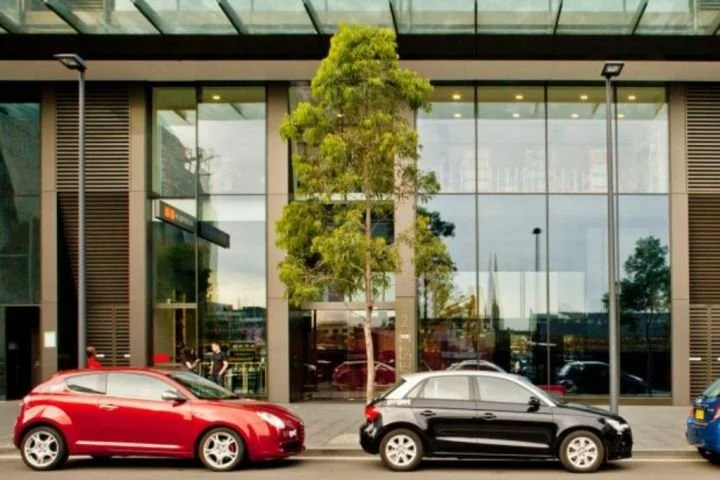Apartments Without Car Spaces: Smart Investment or Missed Opportunity?
In today’s urban property market, one of the most debated features is whether a car space is a necessity. With the rise of car-free apartment living—particularly in major cities like Sydney, Melbourne, and Brisbane—many developers are offering apartments without car spaces at significantly lower prices.
But is skipping the car space a savvy way to save, or could it cost you in the long run?
🚗 Pros of Buying Apartments Without Car Spaces
Lower Purchase Price
Apartments without car spaces can be up to $100,000 cheaper than those with one. This makes them more affordable for first-time buyers, downsizers, and rentvestors looking to enter the market without overstretching.
Inner-City Lifestyle Appeal
In dense areas close to public transport, shops, and workplaces (like Parramatta, Southbank, or Newstead), a car becomes less essential. Tenants in these locations often prioritise proximity and lifestyle over parking.
More Sustainable Living
Younger generations are leaning into eco-conscious living. Owning an apartment without a car space aligns with a low-carbon lifestyle, encouraging walking, cycling, and public transit use.
Future-Proofing Against Changing Car Ownership
With car ownership rates dropping in urban areas and car-sharing services on the rise, future demand may shift toward car-free apartments, particularly in build-to-rent developments or transit-oriented communities.
❌ Cons of Buying Apartments Without Car Spaces
Limited Buyer and Tenant Pool
When reselling or leasing, your apartment may appeal to a smaller market. Many buyers still value a dedicated car park, especially in suburban areas or cities with less reliable transport.
Lower Valuation & Financing Challenges
Lenders may value your apartment lower, impacting your loan-to-value ratio (LVR) or refinancing potential. In some cases, banks view apartments without car spaces as higher risk.
Parking Hassles for Visitors
Living in an apartment block without parking can create ongoing headaches for residents and guests, particularly in areas without ample street parking.
Future Regret in Car-Centric Locations
If infrastructure doesn’t improve, living without a car space may become inconvenient, especially as families grow or work-from-office trends return.
🏘️ Should You Buy a Car-Free Apartment?
The answer depends on your location, lifestyle, and investment goals. If you're buying in an inner-city area well-served by transport and aiming to attract young professionals or students, car-free living could be a smart move.
But if you're buying in a car-dependent suburb, or targeting long-term owner-occupiers, a car space may be essential for future resale value.
🧠 Final Thoughts
Buying an apartment without a car space is no longer a red flag—it’s a strategic option for the right buyer. It can offer affordability, location flexibility, and lifestyle alignment—but only if you fully understand the implications.
Before you commit, talk to a local expert who understands the rental trends and capital growth potential of your suburb.
📩 Need tailored advice? Speak with a Cubecorp agent today.



